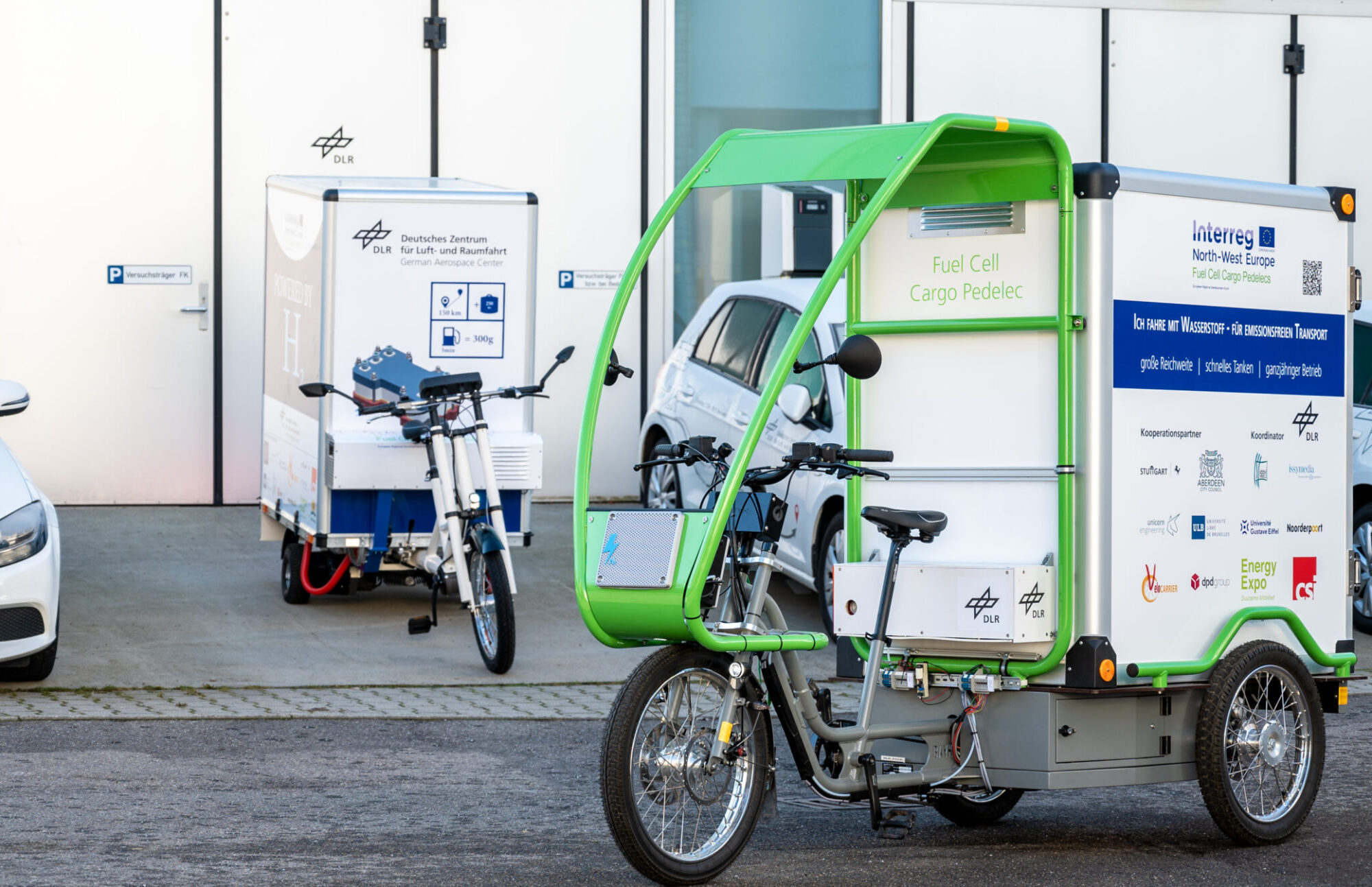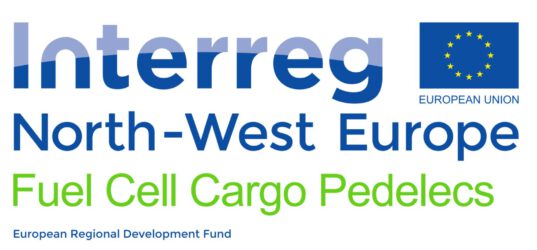Target
All Interreg projects aim on the multiplication of the positive effects after the project. The positive effect of FCCP is the reduction of emissions and congestions in European cities by replacing combustion engine delivery vans by emission free FCCPs. For the multiplication of the underlying modular technology a role out plan will be developed.A learning community-platform is used to share the documents and data.



Objectives
The development and implementation of the education consists of the phases
- Definition
- Design
- Development
- Pilot
- Review
- Education for students and professionals (EU-partners FCCP)
Basis structure
Logistical concept to exploit the potential
▿
Technology development
▿
Collaboration with cities
▿
Target group drivers and barriers
▿
SWOT analysis
▿
Scenario analysis
▿
Market actor identification
▿
Transnational rollout plan
Education
The Fuel Cell Cargo Pedelec project (FCCP) may represent a relevant element in the run for an emission free last mile delivery – not only within distribution logistics but also amongst other commercial applications and private logistics (e.g. bringing children to child care, to school, or doing other activities).
For efficient exploitation of this potential, this project builds on an innovative logistic concept, tailored for the performance characteristic of FCCPs and the requirements of today’s urban freight transport (WP T1), latest fuel cell technology (WP T2), as well as intense involvement of cities to foster and implementing FCCPs (WP T3). In line with this, one crucial output of this project is a transnational strategic concept concerned with the best integration of emission free FCCPs in logistic delivery chains, including innovative technology and sustainable urban development. This project will facilitate the multiplication of emission free FCCPs, as it provides relevant and replicable information to cities and the transport sector (WP C) to stay abreast of the fundamental changes in the transport sector, reducing CO2 emissions in European cities.
The educational plan





